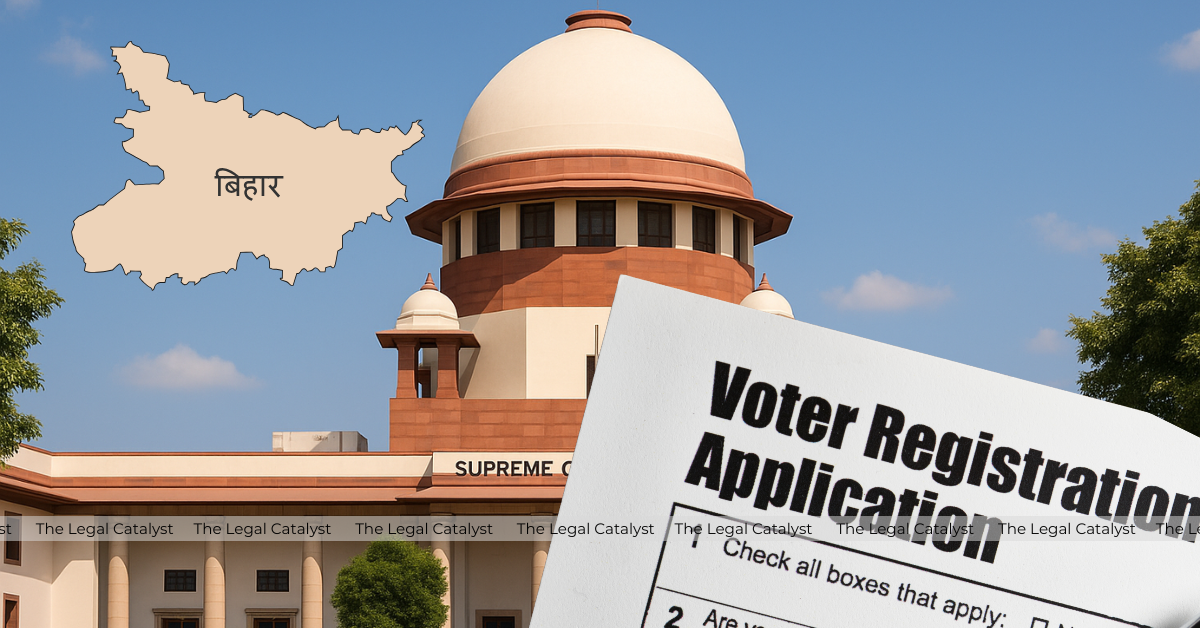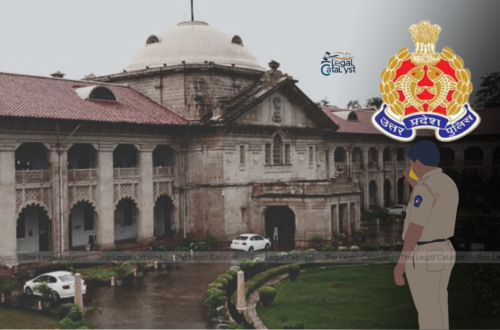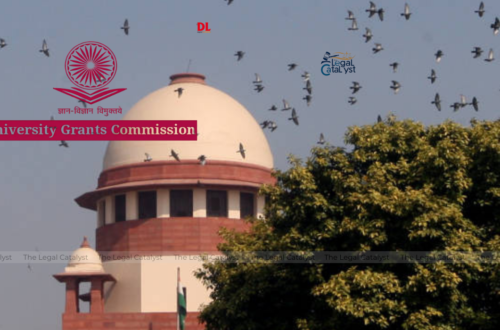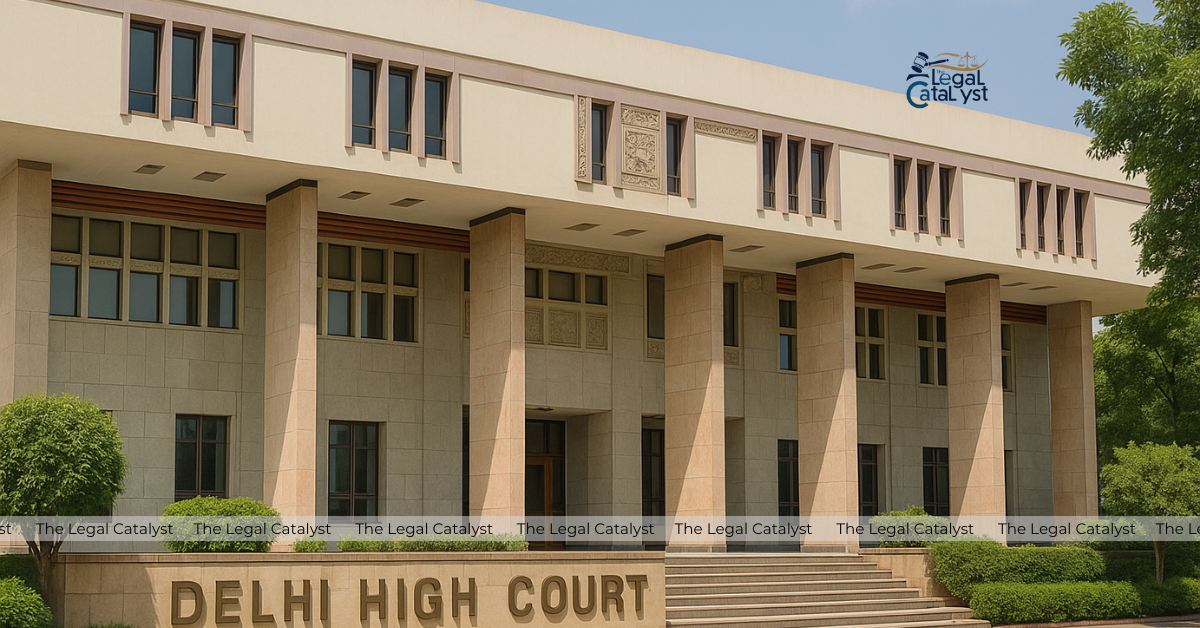The Supreme Court on Tuesday scheduled the hearing of petitions challenging the Special Intensive Revision (SIR) of electoral rolls in Bihar. The hearings are set for August 12 and 13. It warned the Election Commission of India (ECI) that it would intervene if there is any deviation from the prescribed norms.
A Bench comprising Justice Surya Kant and Justice Joymalya Bagchi noted the urgency of the matter. This is due to the upcoming Bihar Assembly elections later this year.
“The moment they (Election Commission) deviate from [SIR] notification… we will interfere,” Justice Kant observed during the hearing.
In its official order, the Court noted:
“Having regard to the proposed timeline suggested by both sides and keeping in view the urgency and nature of issues that fall for consideration, let these matters be listed for further consideration on August 12–13.”
The petitions challenge the June 24 directive issued by the ECI. This includes one filed by the Association for Democratic Reforms (ADR). The directive called for a Special Intensive Revision of the State’s electoral rolls. Petitioners have argued that the move is unconstitutional, citing violations of Articles 14, 19, 21, 325, and 326 of the Constitution, and a deviation from the procedures laid down in the Representation of the People Act, 1950 and the Registration of Electors Rules, 1960.
Senior Advocate Prashant Bhushan, appearing for ADR, made an allegation. He claimed that around 65 lakh voters are at risk. They might be excluded from the revised electoral rolls.
“They are saying out of 65 lakh people, majority are deceased or they are…,” he submitted.
Senior Advocate Rakesh Dwivedi, representing the ECI, responded that the final data would be available only after objections are resolved.
“Once objections are considered, the real picture would emerge… At least by September 15, we are expecting the final list,” Dwivedi informed the Court.
The ECI has defended the SIR exercise, asserting that it is empowered to carry out such a revision under Article 324 of the Constitution and Section 21(3) of the RP Act, 1950. The Commission cited demographic shifts, urban migration, and the absence of a comprehensive revision in the past two decades as reasons necessitating the move.
On Monday, the Bench had suggested that Aadhaar be included among acceptable identity documents for voter verification, acknowledging that any listed document could be forged. However, the ECI reiterated that Aadhaar and ration cards are unreliable as standalone documents for determining voter eligibility, especially since they are not proof of citizenship.
The Court today appointed Advocate Neha Rathi as the nodal counsel for the petitioners and directed that a comprehensive compilation of pleadings be submitted on or before August 8.
The case will be heard in two stages — an initial hearing in August to address concerns around the draft voter list, followed by further proceedings in September once the final data is published.
Connect with us on Instagram – X – LinkedIn for daily updates, quizzes, and other materials.
Also Read
Justice at the Doorstep: NALSA Launches Powerful Legal Aid Scheme for Armed Forces







